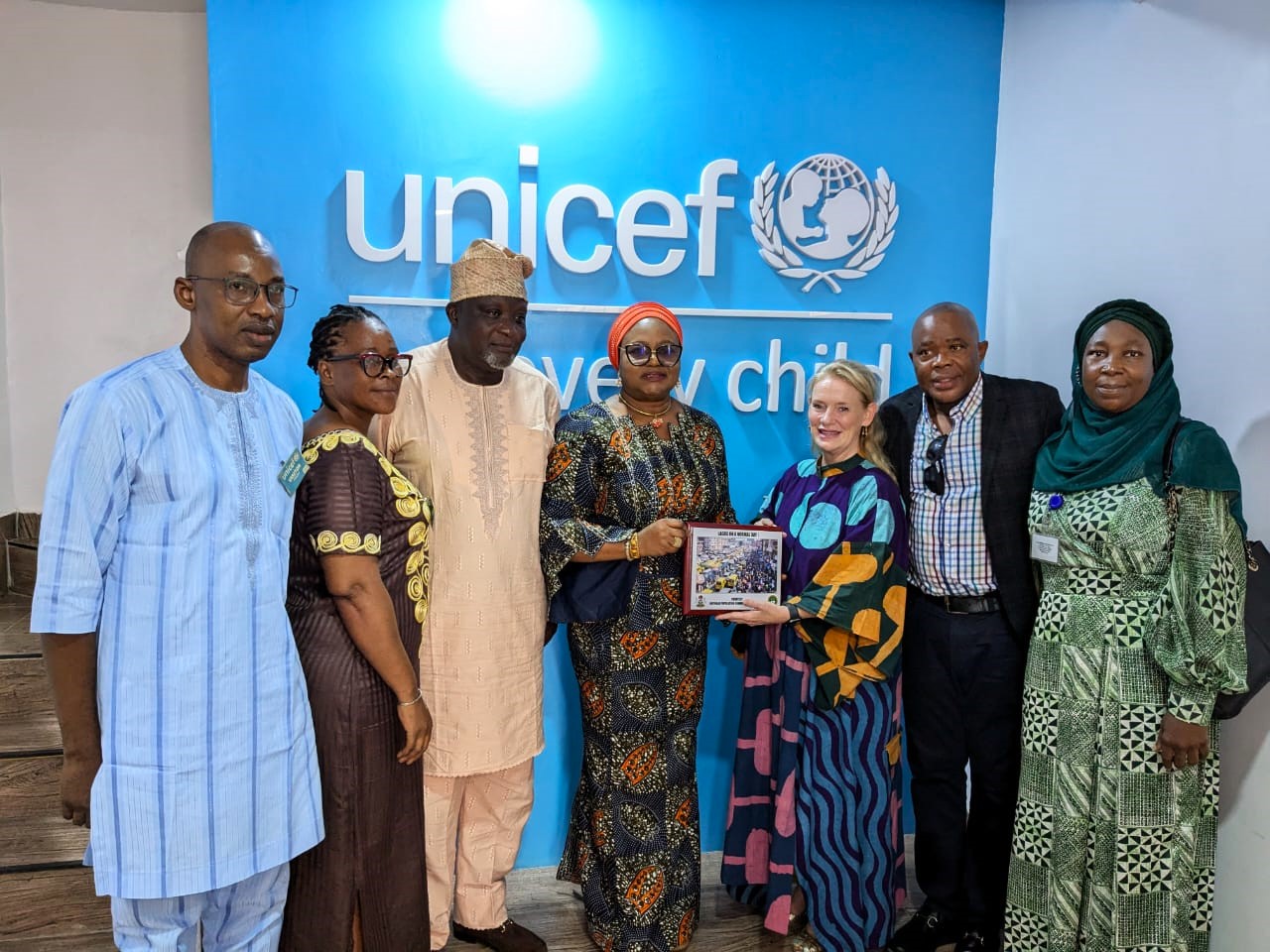
The United Nations Children Funds (UNICEF), on Wednesday, said immunisation is an essential right of every Nigerian child in preventing life-threatening diseases and infection.
Celine Lafoucriere, Chief UNICEF Field Office for Southwest Nigeria said this while delivering her opening remarks at a two-day media dialogue on routine immunisation at Patron Lagos.
The media dialogue was themed “A media Dialogue To Enhance Routine Immunisation And To Reduce Zero Dose Children”.
Lafoucriere said that 2.3 million children had yet to receive vaccines in Nigeria.
“We still have a very pressing challenge in Nigeria where 2.3 million children still have received no vaccines at all,” she said.
“These are called the zero doze children and are mostly in marginalised areas, hard-to-reach areas, and vaccines remain essential to their health.
“Vaccines is an essential fundamental right to every child and they remain fundamental to improving health outcomes and reducing inequalities.”
Lafoucriere, however, said that to address this challenge, UNICEF in partnership with the government and other partners, has prioritised areas with the highest concentration of zero-dose children.
She said the idea is to increase the rate of vaccinated children by 50 per cent each year and 30 per cent by 2025.
“To achieve this in Nigeria, UNICEF together with the government and other partners, we have prioritised 100 local government areas across 18 states with the highest concentration of those zero dose children that need us.
“They need us right now and we need you, the media to join hands to accelerate the rate of immunisation in Nigeria to ensure that by each year we increase the rate of vaccinated children by 50 per cent.
“This cannot be done without you, please join hands with us today to ensure that we can leverage your influence.”
Lafoucriere also appealed to the media to assist UNICEF in sensitisation Nigerians on the importance of vaccines.
“Your own influence is very important. You can catalyse actions, and help dispel rumors and misinformation about vaccines.
“By working collectively, we can build a resilient health system that is capable of reaching every child leaving no one behind.
“No matter where they live, we must ensure that no child in Nigeria suffers from preventable diseases.
Also speaking, Dr. Adeniyi Adebayo, Assistant Immunisation Programme Officer, (LSPHCB) emphasised the need for every child to be fully immunized.
Adebayo, who noted that vaccines formed the bedrock of economic development, said that zero-dose children were those who were not immunized from birth.
He said children in that category were said to be prone to diseases and infections.
Adebayo also said that under-immunised children were the ones whose immunisation were not completed.
He said that all vaccines, immunisation in the country were free, urging parents to make the best use of the opportunity to get their children immunised from birth.
Adebayo, however, identified infrastructural deficit as part of the challenges confronting immunisation coverage in some parts of the country.






